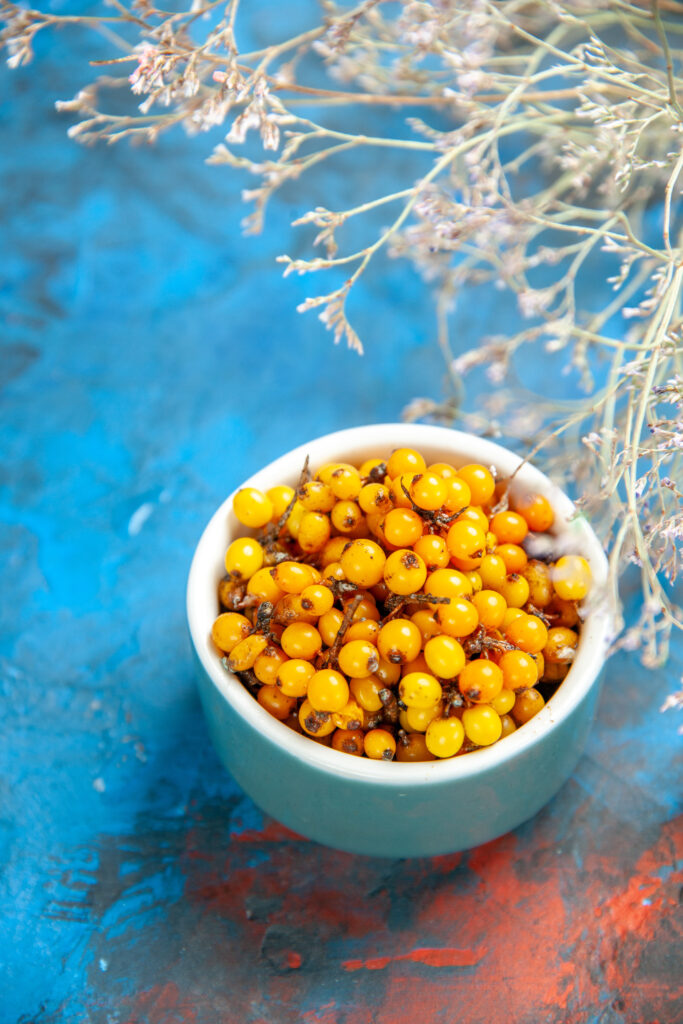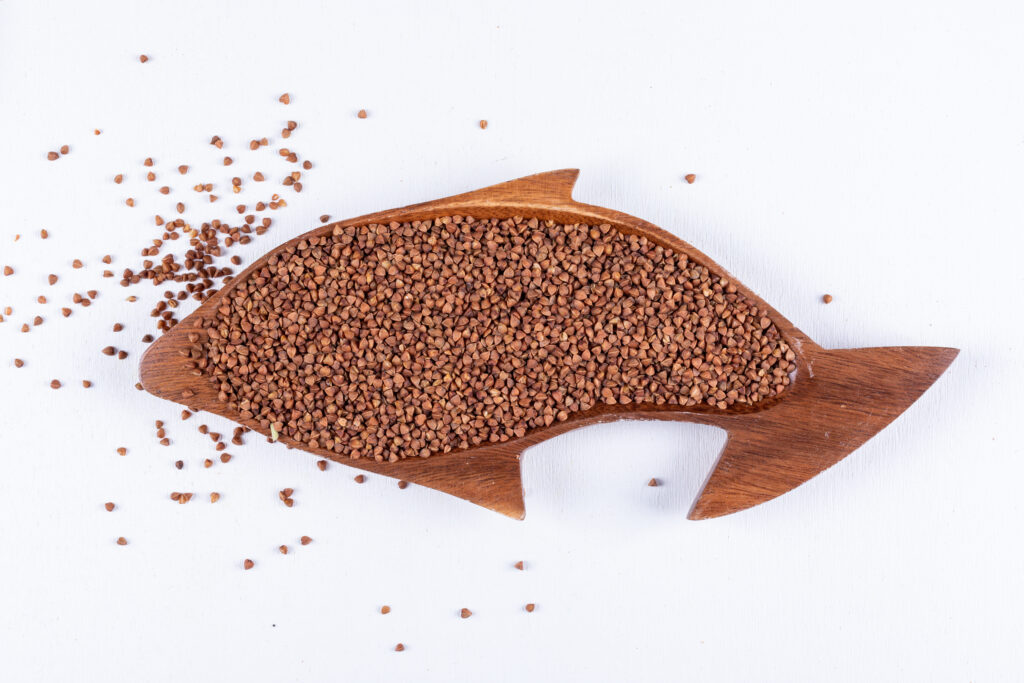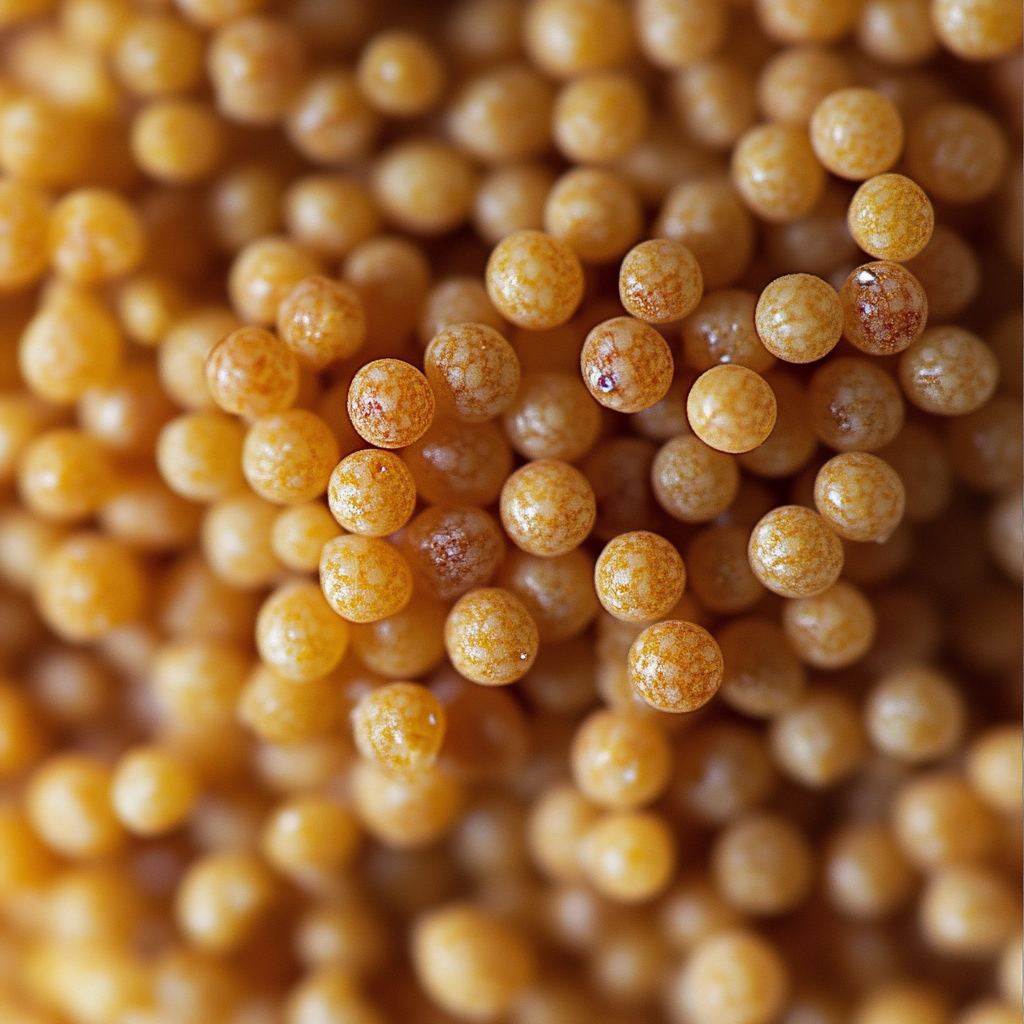Have you ever encountered an ingredient so small yet bursting with flavor and history that it instantly transforms your dishes? Mustard seeds are precisely that kind of ingredient. Their versatility in the kitchen and their rich cultural heritage make them a must-have for anyone who loves experimenting with food. Whether you’re preparing a hearty curry or crafting a tangy mustard sauce, mustard seeds add depth and dimension to your recipes. But there’s more to these tiny wonders than meets the eye. Let’s explore the world of mustard seeds and discover how you can make the most of them in your kitchen.

What Are Mustard Seeds?
Types of Mustard Seeds
Mustard seeds come in three primary varieties: white/yellow, brown, and black. Each type has its unique flavor profile and culinary uses:
- White/Yellow Mustard Seeds: Mild in flavor, commonly used in American yellow mustard and pickling.
- Brown Mustard Seeds: Spicier and more robust, perfect for Indian and Asian cuisines.
- Black Mustard Seeds: The most pungent, often used in Indian cooking for tempering.
Origin and History
These tiny seeds are harvested from the mustard plant, native to temperate regions of Europe and Asia. Mustard seeds have been valued for centuries, not only as a flavorful spice but also for their medicinal properties. Ancient Romans and Greeks used mustard seeds in their culinary and healing practices. In various cultures, mustard seeds symbolize growth and faith, making them a staple ingredient with deep-rooted significance.
Nutritional Benefits of Mustard Seeds
Mustard seeds are more than just a flavorful addition to your meals; they’re also a powerhouse of nutrition. Here’s what makes them a healthy choice:
- Rich in Nutrients: Mustard seeds are packed with selenium, magnesium, and omega-3 fatty acids.
- High in Antioxidants: They help combat oxidative stress, promoting overall well-being.
- Digestive Support: Mustard seeds contain dietary fiber that aids digestion and keeps your gut healthy.
- Anti-inflammatory Properties: The presence of compounds like selenium can help reduce inflammation in the body.

Studies have shown that incorporating mustard seeds into your diet may support heart health, improve metabolism, and even alleviate certain chronic conditions.
Culinary Uses of Mustard Seeds
Mustard Seeds in Global Cuisines
Mustard seeds have a prominent place in various culinary traditions around the world:
- Indian Cuisine: Often used in tempering for curries, dals, and chutneys.
- European Dishes: A key ingredient in mustard condiments and salad dressings.
- Middle Eastern and African Recipes: Adds a unique tangy flavor to sauces and pickles.
Tips for Cooking with Mustard Seeds
Mastering mustard seeds in your kitchen is easy with these tips:
- Toasting: Lightly toast mustard seeds in oil to release their nutty aroma.
- Grinding: Grind them for use in spice blends or mustard pastes.
- Pairing: Combine with vinegar, oils, or honey for flavorful marinades and dressings.
Recipes Featuring Mustard Seeds
Classic Yellow Mustard Sauce
| Ingredient | Quantity |
|---|---|
| Yellow mustard seeds | 2 tablespoons |
| White vinegar | ½ cup |
| Turmeric powder | 1 teaspoon |
| Salt | To taste |
| Water | ¼ cup |
- Toast mustard seeds until aromatic.
- Blend with vinegar, turmeric, salt, and water until smooth.
- Simmer on low heat until thickened.
- Cool and store in a jar for up to two weeks.
Indian-Style Tempered Lentils (Tadka Dal)
| Ingredient | Quantity |
| Yellow lentils (moong dal) | 1 cup |
| Mustard seeds | 1 teaspoon |
| Curry leaves | 6-8 leaves |
| Green chilies | 2, sliced |
| Oil | 2 tablespoons |
| Salt | To taste |
- Cook lentils until soft.
- Heat oil in a pan, add mustard seeds, and let them splutter.
- Add curry leaves and chilies; sauté for 1-2 minutes.
- Pour the tempered mixture over the cooked lentils and mix well.
- Serve hot with rice or bread.
Growing and Storing Mustard Seeds
How to Grow Mustard Seeds
Growing mustard seeds at home is straightforward:
- Soil and Sunlight: Plant seeds in well-drained soil with full sun exposure.
- Watering: Keep the soil moist but not waterlogged.
- Harvesting: Pods are ready to harvest when they turn brown and brittle.
Proper Storage Tips
To maintain their freshness and flavor:
- Store mustard seeds in an airtight container.
- Keep in a cool, dark place.
- Whole seeds can last up to two years, while ground mustard lasts around six months.
Mustard Seeds in Traditional Medicine
Mustard seeds have been used in traditional medicine systems like Ayurveda and Chinese medicine for centuries:
- Digestive Aid: Mustard seeds are known to stimulate digestion.
- Pain Relief: Mustard poultices were used to relieve muscle aches and joint pain.
- Anti-inflammatory: Modern studies support their anti-inflammatory properties.
Fun Facts About Mustard Seeds
- Historical Trivia: Ancient Romans used mustard seeds to flavor their wines.
- Symbolism: The mustard seed is a symbol of faith and growth in many cultures.
- World Records: The largest jar of mustard ever created weighed over 1,000 pounds!
Conclusion: Small Seeds, Big Impact
Mustard seeds might be small, but they pack a punch in flavor, nutrition, and history. From their essential role in global cuisines to their medicinal benefits, mustard seeds are a versatile ingredient worth exploring. Why not start with one of the recipes shared here? Experiment in your kitchen and let these tiny seeds bring a world of flavor to your table.
Call to Action
Ready to transform your cooking with mustard seeds? Try our recipes, share your creations, and spread the word about these magical seeds!
FAQ: Mustard Seeds
Q: Are mustard seeds spicy? A: Yes, mustard seeds have a pungent flavor that varies by type, with black seeds being the spiciest.
Q: Can I use mustard seeds for pickling? A: Absolutely! Mustard seeds add a tangy and aromatic flavor to pickled vegetables and brines.
Q: How do I grind mustard seeds? A: Use a spice grinder, coffee grinder, or mortar and pestle for the best results.
Q: Are mustard seeds gluten-free? A: Yes, mustard seeds are naturally gluten-free. However, check for cross-contamination in processed products.
Q: What is the shelf life of mustard seeds? A: Whole mustard seeds can last up to two years if stored properly, while ground mustard lasts around six months.

